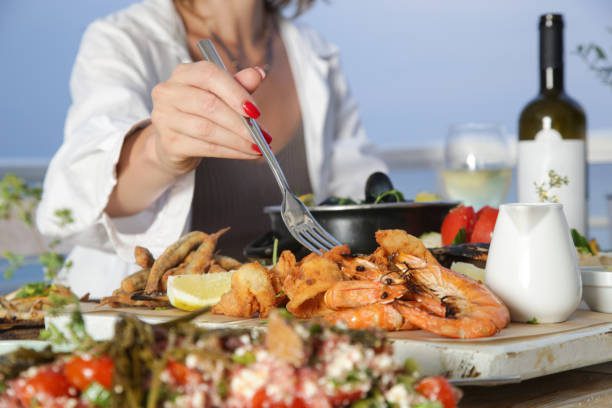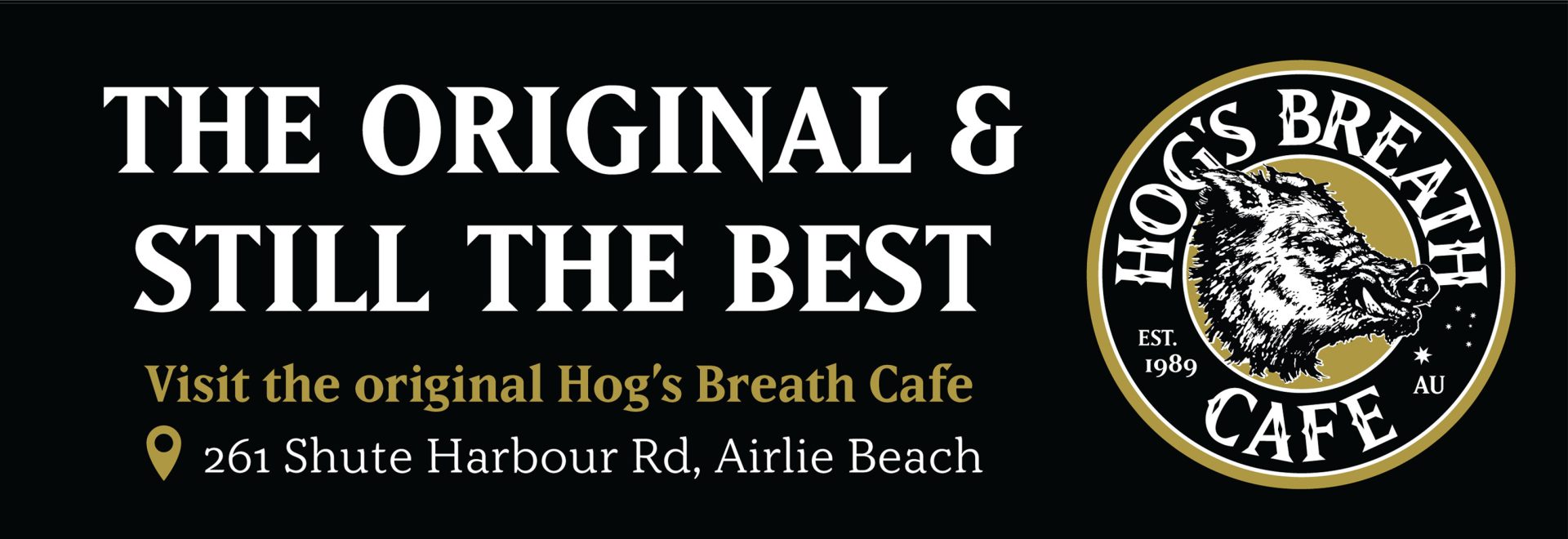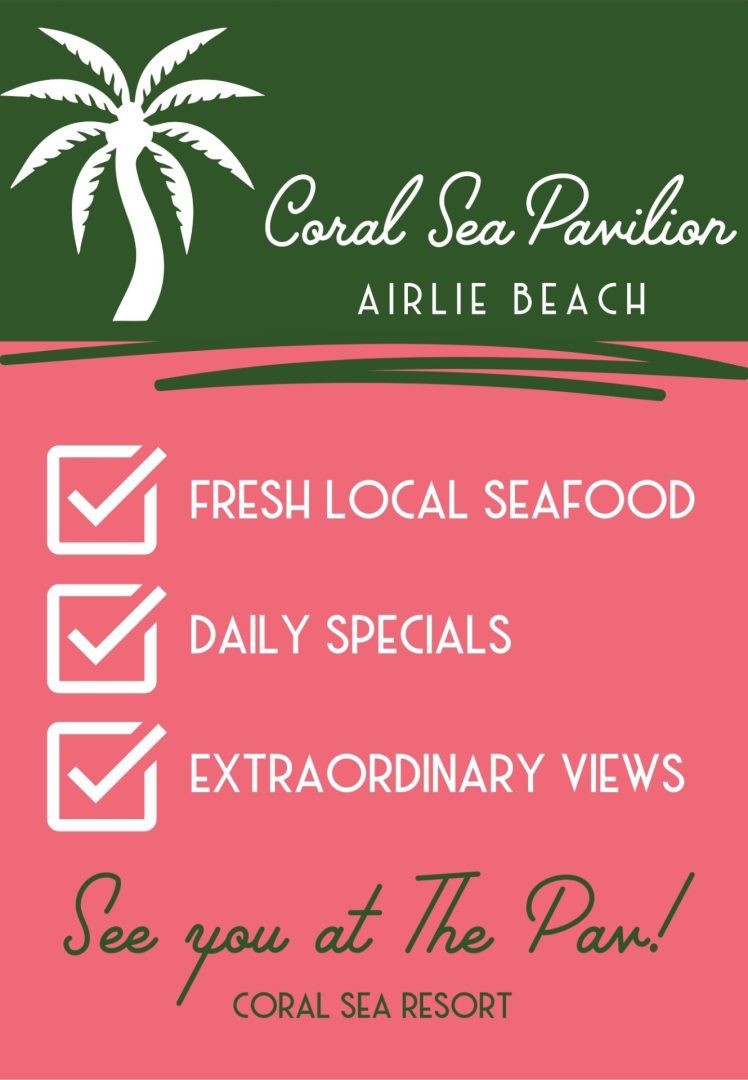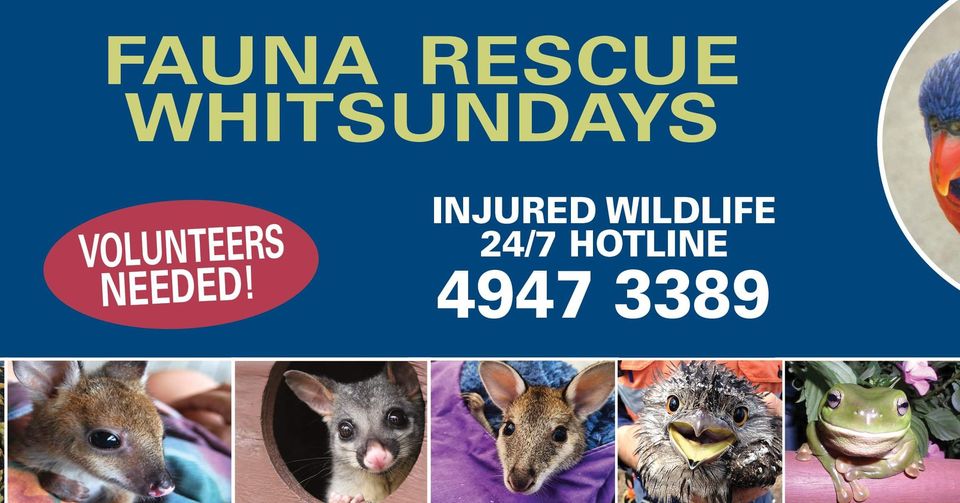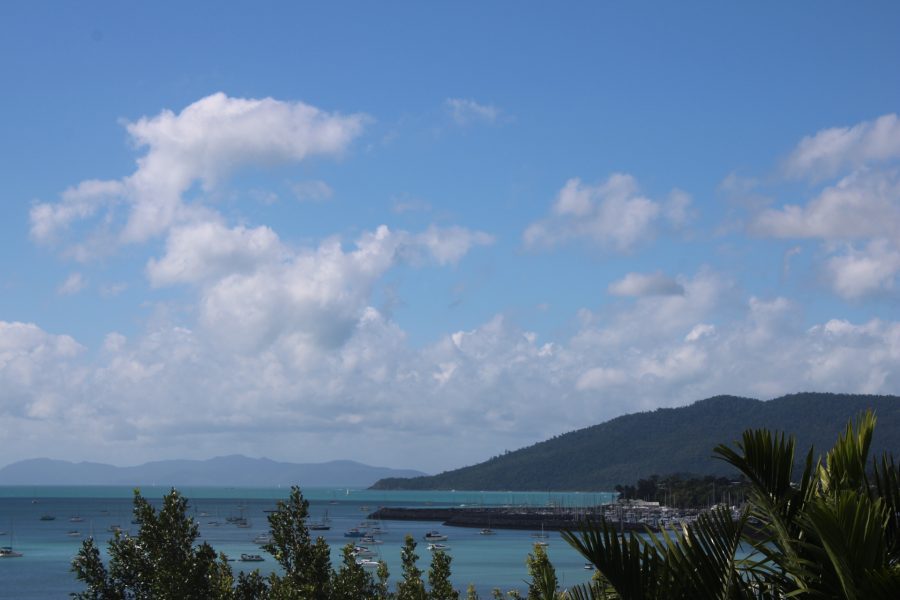AUSTRALIANS, including in the Whitsundays, pride themselves on quality seafood. Our restaurants and fish shops are full of excellent seafood.
As well, we have built up a very lucrative export market.
But did you know that up to 10 per cent of Australian seafood exports are threatened species?
Australia’s nature laws have failed to protect our iconic and threatened species.
New research from the University of Queensland alarmingly shows that, since 1999, 10 per cent of Australia’s seafood exports, by weight, have been threatened species.
Australia needs to reform its ineffective Environment Protection and Biodiversity Conservation Act (EPBC).
The Act currently allows the export of four threatened species – listed under the Act -along with additional species recognised as globally threatened.
Unfortunately, there are some serious loopholes in the Act.
The EPBC Act’s threatened species classification system includes a special category just for fish called ‘Conservation Dependent,’ where endangered species can still be targeted and sold by commercial fishers and are not subject to other protections given to other threatened and endangered species.
Where is the common sense in that?
Australians would be justifiably horrified if we were exporting endangered numbats and black cockatoos overseas, and yet we allow the same practice under the waves.
Our nature laws are clearly broken.
Australian wildlife urgently needs strong new laws that ensure all threatened species receive the protection they need.
Fish species listed as Conservation Dependent are not eligible for recovery plans, unlike other listed threatened species, with management instead falling to the Australian Fisheries Management Authority.
The study found that the listing of these species as Conservation Dependent has led to a lack of recovery for several populations of school shark, blue warehou and orange roughy.
The orange roughy fishery has been of particular concern recently, as numbers at one of the major fishing sites, the Cascade Plateau, may have collapsed altogether.
Due to such low numbers, scheduled updated scientific assessment could not even be conducted.
Bringing the story back to the Great Barrier Reef, much of our iconic seafood remains unsustainable and has been red listed in the Australian Marine Conservation Society’s (AMCS) GoodFish Sustainable Seafood guide, following new assessments.
The latest update to the fully independent guide recommends popular seafood items in Queensland, such as wild caught barramundi, Spanish mackerel and prawns, should be avoided.
This is either due to overfished stocks, or the dangers to marine wildlife posed by the fishing methods used to catch them, and a history of under reporting.
The GoodFish guide makes it easy for you to make sustainable choices in your seafood selection.
GoodFish is available as a free app and online. Visit goodfish.org.au.
Contributed by Tony Fontes on behalf of the Whitsunday Conservation Council.


